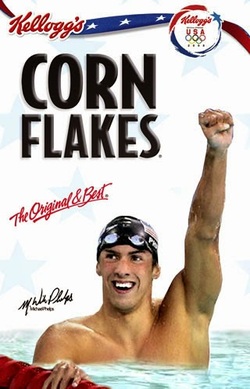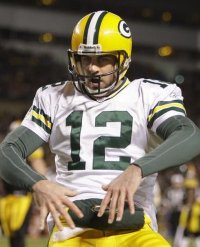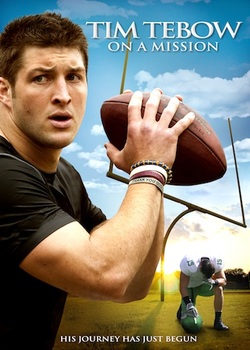 Branding: it does a celebrity body good.
Branding: it does a celebrity body good. The sequence of events usually goes like this: A celebrity writes a song, does a media interview, or marries another celebrity (who may or may not be famous solely because of their name). The celebrity makes some unique, whatever (or not so unique, in the case of “This Sick Beat”) that the media quickly seizes upon, spreading it far and wide. Because the celebrity is well-known, their name is associated with the unique word/comment/symbol without much effort by the celebrity him/herself. The phrase may even be incorporated into a viral YouTube video, or acquire its own hash tag, like Charlie Sheen’s #winning rant (in reality, this wasn’t really a winning trademark strategy as Sheen hasn’t yet obtained his registration). Either way, the celebrity will have no problem acquiring the goodwill that other trademark owners may have to pay hundreds of thousands (or millions) of dollars to acquire.




 RSS Feed
RSS Feed